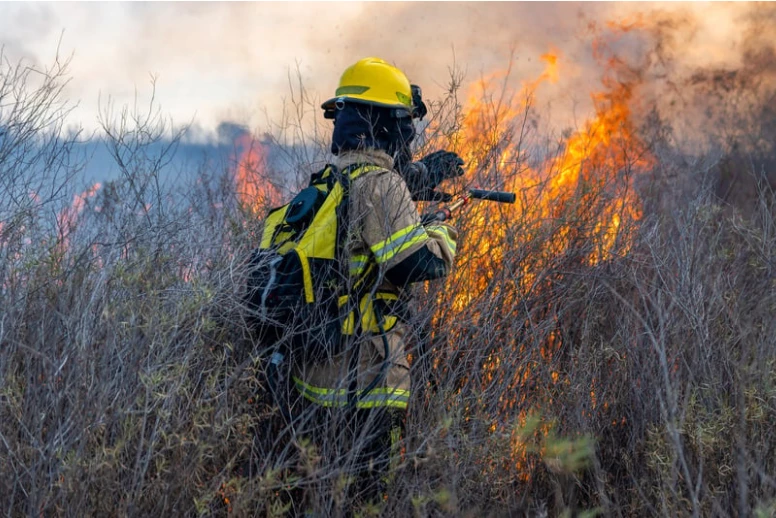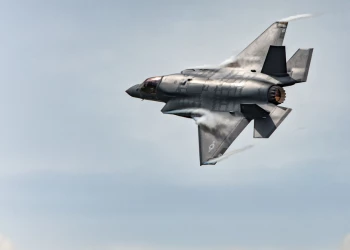U.N. Approves First-Ever Worldwide Arms Treaty
Add bookmarkIn a landmark decision, the U.N. General Assembly approved on Tuesday the first-ever treaty on the global arms trade, placing new rules on the sale of conventional arms to governments and groups that commit war crimes and other atrocities.
Of the 193 members, there were 154 in favor, 3 against and 23 abstentions in the vote. U.S. officials hailed the move as a major step towards regulating the $70 billion international arms business.
The three nations against the motion were Iran, North Korea and Syria.
Iran is currently under a U.N. arms embargo because of its nuclear program, but is eager to ensure its arms imports and exports are not curtailed, Reuters reports.
North Korea is also under a U.N. arms embargo due to its nuclear testing, while Syria's government is locked in a two-year civil war and relies on Russian and Iranian weapons.
Among those abstaining were China, Russia, India, Cuba, Venezuela, Bolivia, Nicaragua. India led the nations who complained that the treaty would favor exporting countries and adversely affect importers.
The treaty covers a range of conventional weapons, including tanks, armored combat vehicles, large-caliber artillery systems, combat aircraft, attack helicopters, missiles and small arms. Under the new terms, these items could not be transferred to countries under U.N. arms embargoes or to states that promote crimes against humanity or war crimes.
America, the world's biggest arms exporter,co-sponsored the treaty. U.S. officials said afterwards that several agencies will carry out a review before it is presented to President Obama for his signature.
Opposition also came in the form of the powerful pro-gun lobbying group, the National Rifle Association. It said the move would impact domestic gun-ownership rights.
After years of discussions over the issue, U.N. member states began meeting on March 18 to finally hammer out an international treaty. The new rules will not go into force until 90 days after ratification by 50 states.
Share your thoughts. Sign up today for FREE and leave a comment below.









